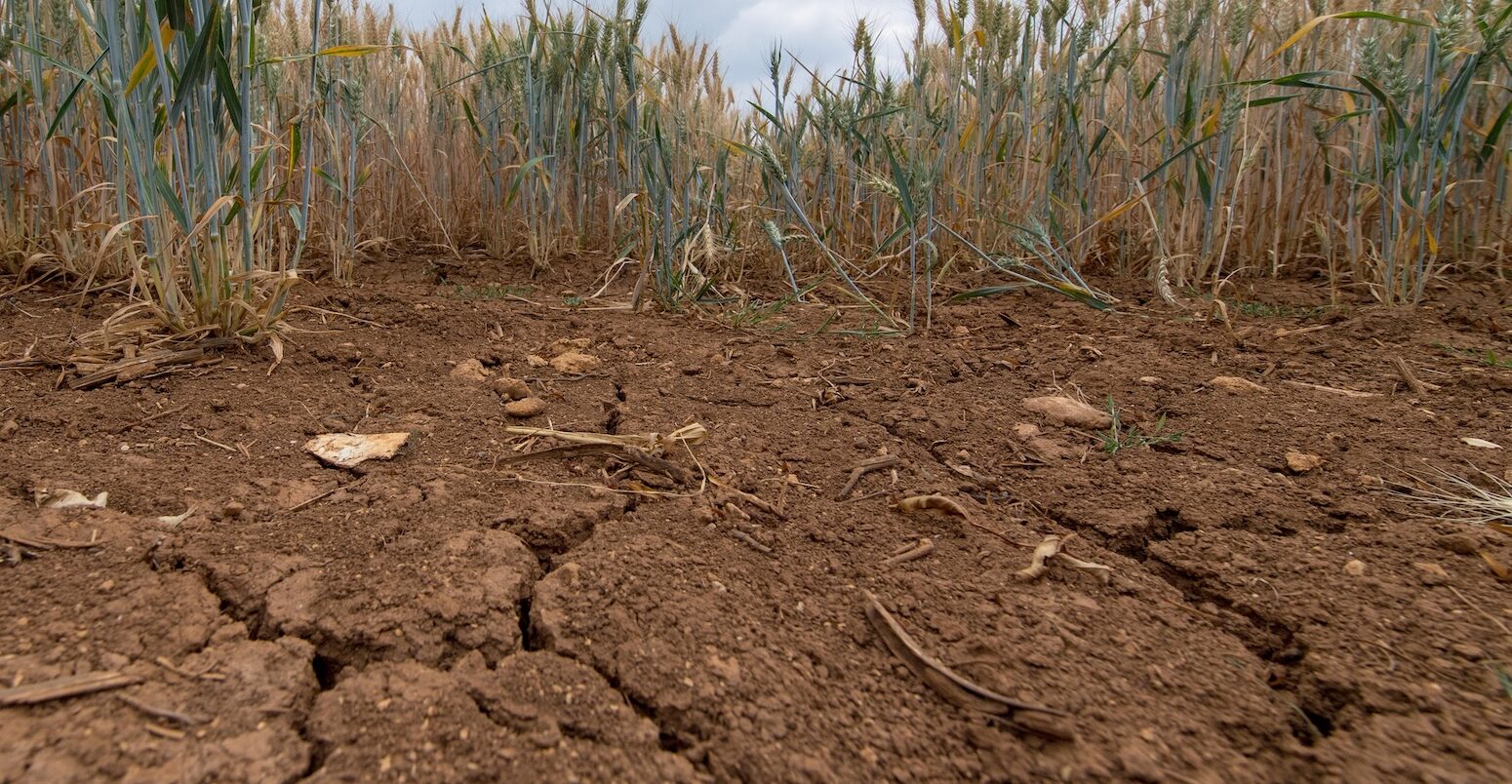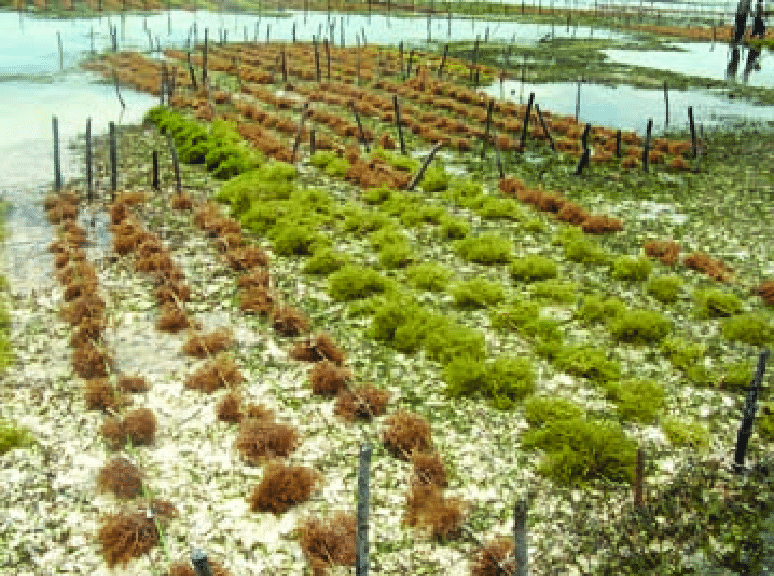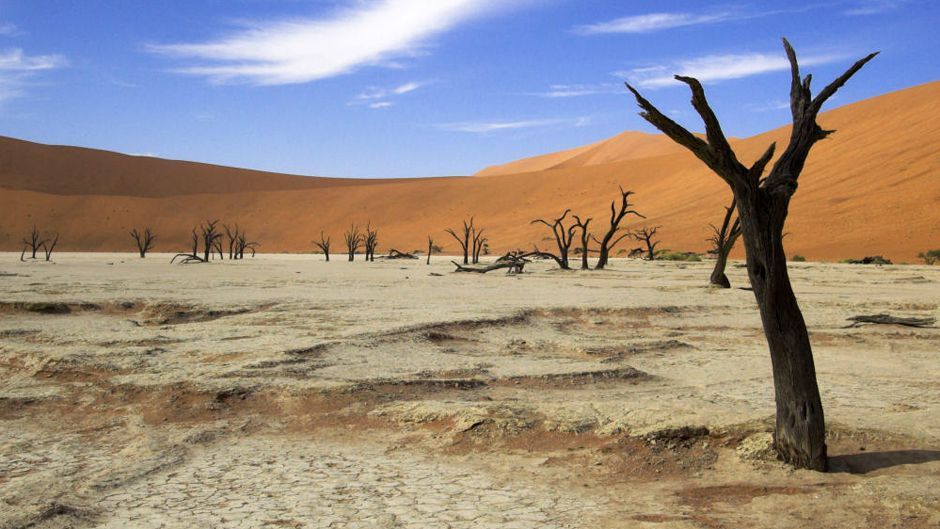Under the patronage of H.E. Dr. Muawieh Radaideh, The Minister of Environment, The International Union for Conservation of Nature – Regional Office for West Asia (IUCN ROWA) and Global Affairs Canada launched the project “Enhancing Climate Resilience of Biodiversity Hotspots in Jordan”. The project aims to improve the resilience of vulnerable ecosystems as well as communities dependent on them for their livelihoods to the adverse impacts of climate change.
The project will increase the percentage of climate-vulnerable ecosystems within the National Protected Areas Network, and will apply pilot interventions that will result in restoring 750 Hectares of forestry lands in Shoubak and Petra southern Jordan with an active engagement of women, youth and marginalized communities.
In his opening speech, H.E. Dr. Mohammed Khashashneh, The Secretary General of the Ministry of Environment, explained that this project is in line with the ministry’s plan to update the national strategy for biodiversity under the convention on Biological Diversity and is in alignment with the requirements of the international conventions. H.E. Dr. Maram Fureihat, The Commissioner of Environment at the Petra Tourism Development Zone Authority stressed on the importance of this project to address the threats to the unique biodiversity of Petra region through the pilot interventions that will take place through forest landscape restoration.
H.E Eng. Khaled Al Qudah, The Assistant Secretary General for the Ministry of Agriculture talked about the Ministry’s projects and initiatives related to forest landscape restoration.
In her turn the Canadian chargé d’ affaires said that Canada is committed to working with domestic and international partners to protect nature, halt biodiversity loss and build a sustainable future for generations to come.
Through its partnership with IUCN and the Government of Jordan, Canada aims to improve the resilience of climate-vulnerable ecosystems and to restore forest ecosystems in southern Jordan as well as increase the participation of Jordanian women, youths and marginalized groups in decision-making processes related to the environment.
The Regional Director of IUCN ROWA, Dr. Hany Al-Shaer, also highlighted the importance of this project as a pilot initiative for the Arab region by integrating climate change within the Protected Area design and system planning. Dr. El Shaer added that climate resilient protected area networks will result in the sustainability of ecosystem services and increased benefits to the local communities that depend on natural resources for their livelihoods.




